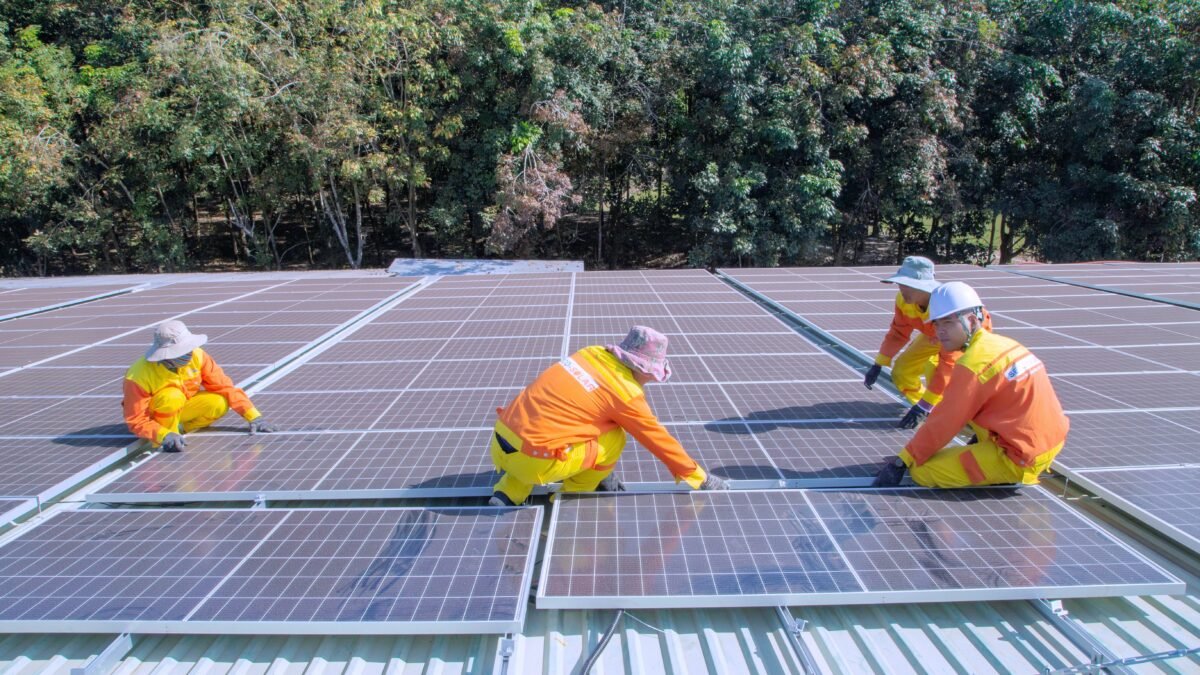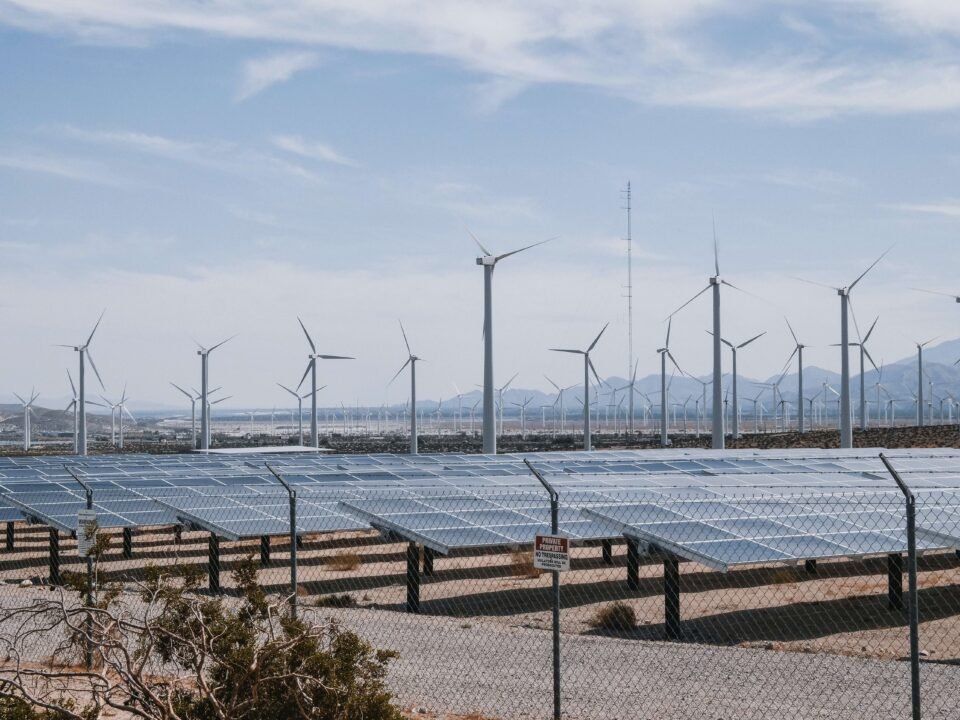Introduction:
The decision to install solar panels is a commendable step towards embracing clean, renewable energy and reducing your carbon footprint. However, before embarking on this transformative journey, it’s crucial to carefully consider various factors to ensure a seamless and effective transition. In this blog, we will explore key considerations that individuals and businesses should weigh before installing solar panels.
- Energy Consumption Analysis: Begin by assessing your current energy consumption patterns. Understanding your energy needs allows you to determine the size and capacity of the solar panel system required. Analyze past energy bills and identify peak usage periods to better tailor the solar solution to your specific requirements.
- Roof Suitability and Orientation: Evaluate the suitability of your roof for solar panel installation. Consider factors such as the roof’s age, condition, and available space. Additionally, the orientation and tilt of your roof impact the efficiency of solar panels. South-facing roofs typically receive the most sunlight, optimizing energy production.
- Local Regulations and Permits: Before installing solar panels, familiarize yourself with local regulations, zoning laws, and permit requirements. Some areas may have restrictions on the size or placement of solar arrays. Obtain the necessary permits and approvals to ensure compliance with local regulations.
- Budget and Financing Options: Determine your budget for the solar installation. While the cost of solar panels has decreased over the years, it’s essential to have a clear understanding of the upfront expenses. Explore financing options, such as loans or leasing programs, and consider available incentives or rebates that may help offset costs.
- Solar Panel Quality and Warranty: Research and choose reputable solar panel manufacturers and installation companies. Investigate the quality and efficiency of the solar panels, and inquire about warranties provided by both the panel manufacturer and the installation company. A reliable warranty ensures long-term protection and peace of mind.
- Energy Storage Solutions: Consider incorporating energy storage solutions, such as batteries, into your solar system. Energy storage allows you to store excess energy generated during peak sunlight hours for use during periods of low sunlight or at night. This enhances the reliability and resilience of your solar power system.
- Maintenance and Cleaning Requirements: Understand the maintenance and cleaning needs of solar panels. While solar panels generally require minimal maintenance, regular cleaning is essential to ensure optimal performance. Consider factors such as accessibility, climate, and the frequency of cleaning required for your specific location.
- Solar Panel Lifespan and Degradation Rates: Solar panels have a long lifespan, typically ranging from 25 to 30 years or more. However, it’s essential to be aware of degradation rates, which represent the gradual decrease in efficiency over time. Factor in degradation rates when calculating the expected output of your solar panel system.
- Environmental Impact: Assess the environmental impact of the materials used in solar panels and their disposal at the end of their lifespan. Opt for manufacturers and products committed to sustainability and responsible recycling practices, aligning your solar installation with broader environmental goals.
- Professional Consultation and Quotes: Seek professional advice from solar experts or consultants. Obtain multiple quotes from reputable installation companies, ensuring a comprehensive understanding of costs, warranties, and services. Professional consultations can provide valuable insights tailored to your specific circumstances.
Conclusion:
Installing solar panels is a transformative and forward-thinking decision, but careful consideration of various factors is paramount to a successful and sustainable outcome. By analysing energy needs, understanding local regulations, evaluating budgetary constraints, and selecting high-quality components, individuals and businesses can embark on a solar journey that not only reduces energy costs but also contributes to a cleaner, greener future.




